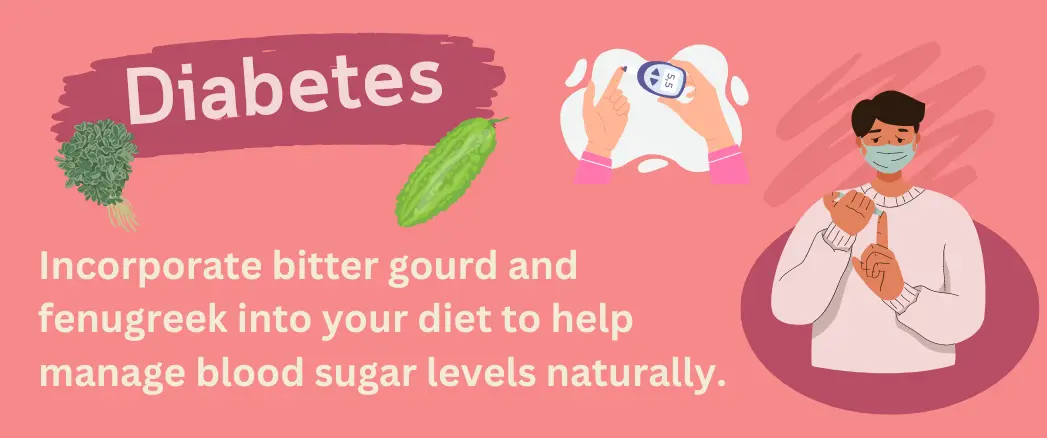For order and delivery updates
For order and delivery updates


Chewing tambul or pan or beetal leaf is an ancient Indian custom. Ayurveda mentions it as a good practice and its classics mentioned chewing betel leaves as a daily routine for the maintenance of oral hygiene, good taste, and to prevent diseases of the oral cavity and throat. Ayurvedic method of chewing betel leaves is safe and good for health. Problems surfaced when people started chewing betel leaves along with tobacco.
Betel leaves are pungent, laxative, and digestive. While it produces Pitta, it mitigates Kapha dosha. When betel leaves are taken with slaked lime, areca nut and catechu, they mitigate all the three doshas.
Benefits of pan chewing
Many of us are not aware of the fact that betel leaves offer curative and healing health benefits. Ayurveda’s masters Charaka and Sushruta mentioned adding aromatic herbs with betel leaf that cleanse the mouth and removes bad mouth odour. Studies have also proved Ayurvedic claims about the benefits of betel leaf chewing.
Betel leaf is known to be useful for the treatment of various systemic and oral diseases. It is nutritive and contains vitamins, minerals, carbohydrate, nitrogen, phosphorus, potassium, calcium, iron and iodine. Betel leaf also contains Thiamin, Niacin, Riboflavin and Carotene. Due to its nutritive value, it is said just six betel leaves with a little slaked lime is comparable to vitamin and mineral nutrition got from about 300 ml of cow’s milk.
Chewing betel leaf without tobacco acts as a post-meal digestive stimulant. It improves physical and mental stamina.
It is a natural appetizer, digestive stimulant, aphrodisiac and refreshing mastication.
Betel leaf is also good for the body’s metabolism. It increases blood circulation and eases the flow of proteins and nutrients. Regular use of betel leaf reduces stomach pain and acidity.
Chewing betel leaf prevents oral cancer as it maintains the levels of ascorbic acid in the saliva. Ascorbic acid is an antioxidant that reduces free radicals in the body. Therefore, it enhances the process of digestion. This normalises pH levels and solves stomach disorders. If you drink betel leaf juice daily on an empty stomach, it will not be constipated.
It also helps in controlling bad breath, which causes bacteria. When taken with spices like fennel, cardamom and cloves, pan makes for an excellent mouth freshener.
Betel leaf is an effective solution for those who are trying to lose weight. It helps in reducing body fat and also catalyses the metabolic rate of the body.
Pan possesses aphrodisiac properties, which makes the process of sexual intercourse more enjoyable. This is the reason why pan is offered to newlyweds.
Betel leaves are used for treating boils and blisters. They help to remove the wart permanently without leaving any scars. Placing the betel leaf on the wound before bandaging it will help heal the wound quicker.
Betel leaf’s analgesic properties help in reducing headache. It also gives relief in cough.
The ingredients used with betel leaf also have health benefits. Chuna or slaked lime mitigates Kapha and Vata doshas. It kills germs and relives pain. Jatiphala mitigates Kapha and Vata doshas, improves taste perception and enhances digestive power, and wards off bad odour. It also kills germs and cure skin diseases. Similarly, all other ingredients used in betel leaves for chewing have health benefits.
The betel leaf is a good painkiller. You can apply betel leaf paste on the paining part to get relief. Chew the betel leaf and drink the juice to get relief from pain.
In diseases like abscess on the tongue, abscess, dryness of soft palate, diseases of teeth, tumour, goitre, and enlargements of the glands of the neck, and other Kapha dosha disorder, betel leaves are quite beneficial.
Controversy of chewing betel leaves
Chewing of betel leaves along with the ingredients mentioned in Ayurvedic classics is safe and good for health. However, excess use of betel leaves and adding tobacco and other harmful ingredients is dangerous. Tobacco and other allied products are harmful and cause dental caries, alveolaris, oral sepsis, palpitation, neurosis and even oral cancer. However, betel leaves contain Safrole, a carcinogen. It also possesses antioxidant activity besides antimutagenic and anticarcinogenic properties.

Tools and strategies modern teams need to help their companies grow.

1️⃣ Clove & Salt – Slowly chew a clove with salt and swallow the juice to gradually reduce phlegm and…

1️⃣ Warm Salt Water Gargle – Helps relieve discomfort and soothes a sore throat. 2️⃣ Haritaki & Honey Paste –…

1️⃣ Poppy Seed Payasa/Kheer – Drink porridge made from poppy seeds an hour before bedtime for peaceful, undisturbed sleep. 2️⃣…




Upload your prescription here, and our team will review it and contact you shortly to process your order.
Submitted successfully.
Our team will get in touch with you soon to process your order.
Select Language
